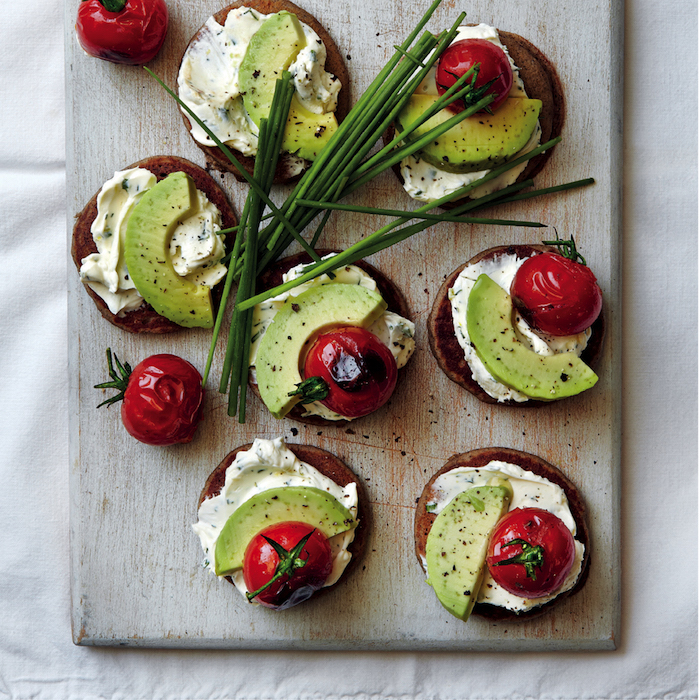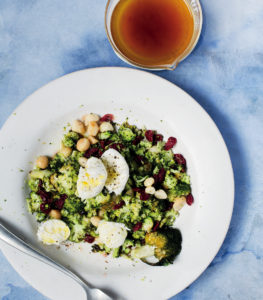Perhaps you’ve heard about free radicals and antioxidants before, but are unsure as to what they are, what they do and why you should take note. We’ve decided to do a little digging and find out exactly what you should know to stay healthy, happy and functioning at your best.
By Jana du Plessis
The radical truth
Free-radicals are atoms, or groups of atoms, that have an uneven number of electrons which makes them unstable and highly reactive. They can form during regular human metabolic processes or by external sources such as air pollution, X-rays or cigarette smoke. Sometimes the body even produces them in order to fight bacteria or viruses. In cases where there are too many free radicals in the body, they can cause damage to important cells. Antioxidants, on the other hand, can combat these destructive effects. Antioxidants have the capacity to neutralise free radicals by donating one of their own electrons and ending the domino effect of free-radicals searching for extra electrons and damaging cells in the process.
Fight the good fight
As free-radicals are not always easy to sidestep due to their unpredictable nature, there are still some preventative measures that can be taken in order to minimise the effect of them on the body. Try to limit exposure to smoke and air pollution as much as possible and steer clear of unhealthy fat sources in your diet such as processed foods and sugars. Rather go for fruit and veggies that are high in vitamin E, C and A, like avocados and nuts, kiwi and carrots, to increase your antioxidant intake.
Get your fix
1. Buckwheat blini with herbed cream cheese, avo and vine tomatoes






